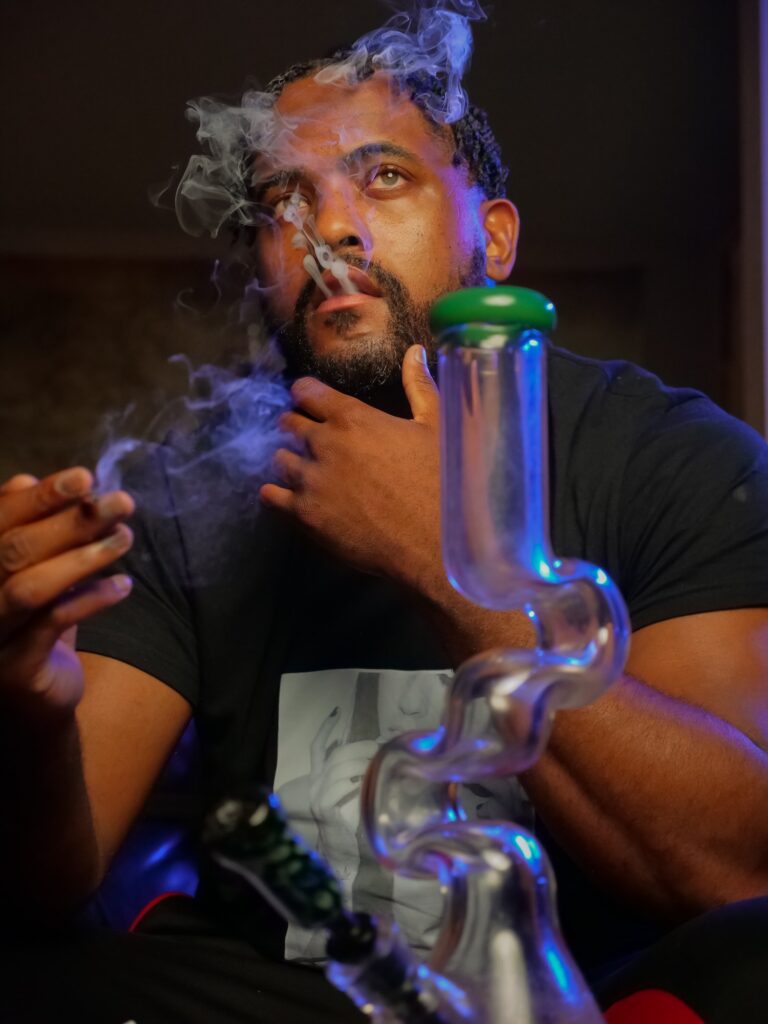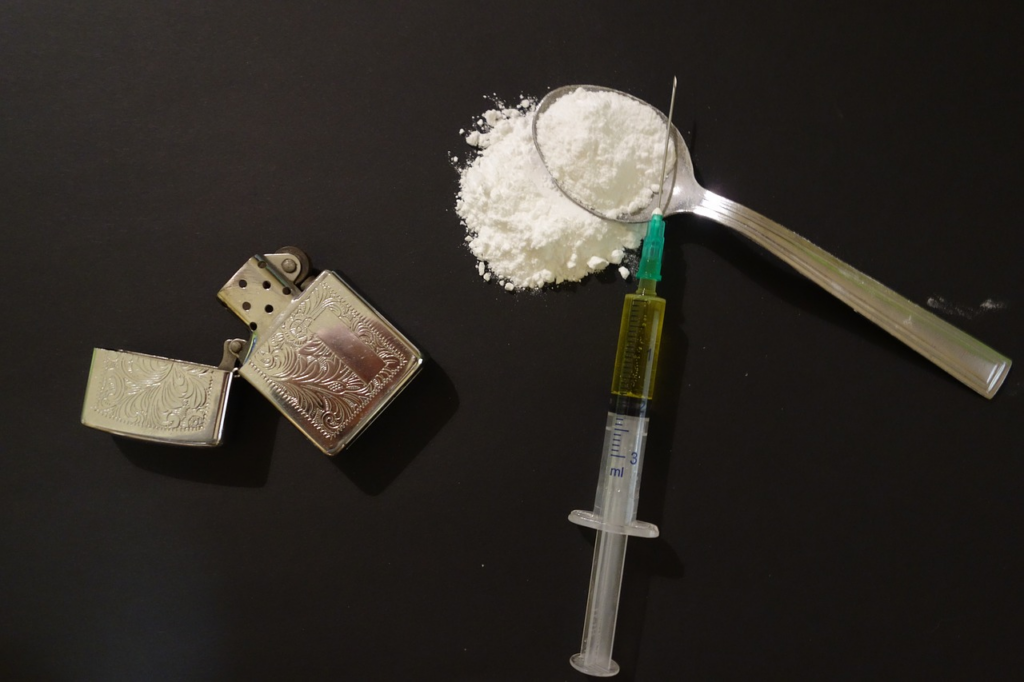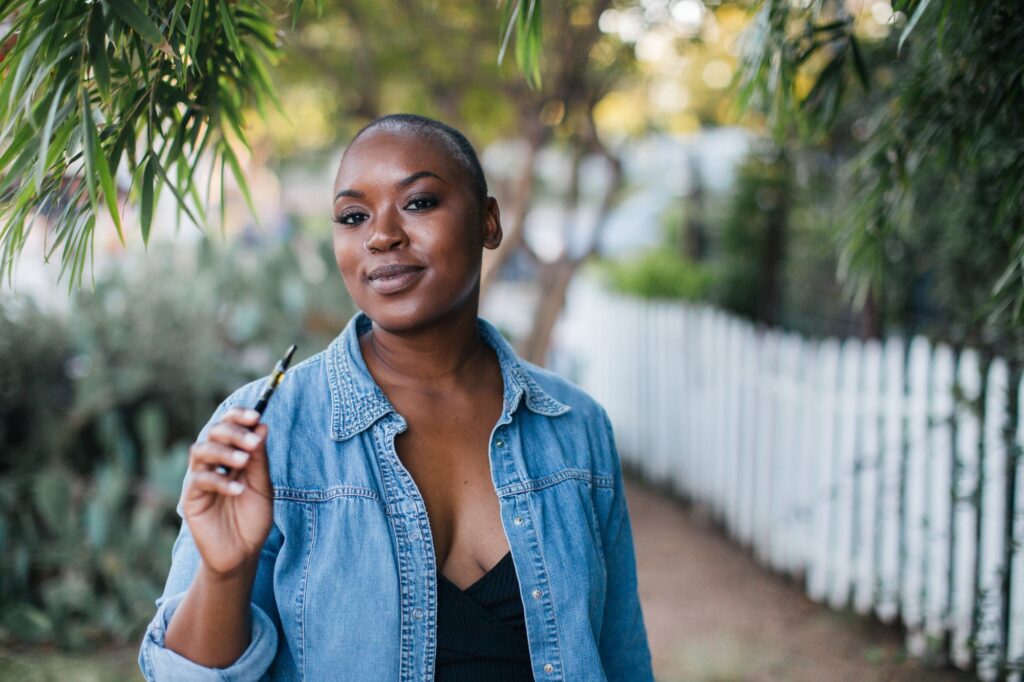It seems to be an unfortunate aspect of human nature that some groups of people are marginalized in society. There is an argument that the social stigma these groups are exposed to makes them more vulnerable to the threat of addiction.
In recognition of this situation, you can find centers that have been specifically created to reach out to these perceived marginalized groups. For instance, No Matter What is a recovery center that supports the gay community and recognizes that there is a specific problem with meth addiction that they need help with.
It is often said that addiction does not discriminate. Is that really the case?

3 Simple Reasons Why Marginalized Groups Are More Prone To Addiction
SDoH is at the heart of the argument
The World Health Organization has a measure that it uses called social determinants of health (SDoH). It looks at fundamental aspects of people’s lives, their social and economic background, their age, and their work prospects.
All of these factors play a critical role in determining the life path that someone takes.
What has been discovered by studies, such as this one published on the NIH government website, into drug and alcohol dependence, is that opioid addiction and overdoses were far more prevalent in economically disadvantaged zip codes.
Higher rates of poverty, unemployment, and other economic disadvantages, make it more likely that a person exposed to that environment and those conditions will be more likely to fall into addiction.

Loss of stability
It is not a given that someone living under these social and economic pressures will automatically fall into addiction. However, it does tend to make them more vulnerable when something changes.
A good example would be when a person loses their housing. Once their security has been taken from them, it becomes more likely that this loss of stability could trigger a decline that spirals into addiction.
Social stigma
It can be really challenging for someone to improve their circumstances or stay away from drugs and addiction when they are battling social stigma.
Sadly, when someone is defined by society as being a person of lower quality and circumstances it can often create a barrier that makes it harder for vulnerable people in that stigmatized sector of society to reach out and get the help they need.
It is understandable that someone who is perceived to be in a vulnerable and more isolated part of society might have unnecessary feelings of guilt and shame. These feelings might prevent them from feeling like they can reach out for the help they need.
Help for all with addiction
The data and anecdotal evidence would strongly suggest that marginalized groups are more susceptible to falling into addiction.
The good news is that recognition of this situation and a growing level of societal acceptance is making it ever more possible to create a level playing field when it comes to getting the help and support needed, whatever your background or circumstances.

Treatment centers like No Matter What Recovery in Los Angeles aim to treat people as individuals, regardless of their addictions or circumstances. Hopefully, this is demonstrating that marginalized groups should have no fear that they can reach out for the help they need, just like anyone else in society.
Conclusion
In conclusion, the question of whether marginalized groups are more prone to addiction is a complex and multifaceted issue. Social Determinants of Health (SDoH) play a significant role in shaping the experiences and vulnerabilities of marginalized populations. Factors such as socioeconomic status, discrimination, limited access to healthcare and resources, and systemic inequalities contribute to the increased risk of addiction among these groups.
Additionally, the loss of stability, disrupted social networks, and the burden of social stigma further compound the challenges faced by marginalized individuals in seeking help and support for their addiction. It is crucial that society recognizes and addresses the unique needs of marginalized populations in addiction prevention, treatment, and support services. By providing equitable access to comprehensive and culturally sensitive interventions, we can strive towards a future where help and support are available for all individuals struggling with addiction, regardless of their marginalized status.

